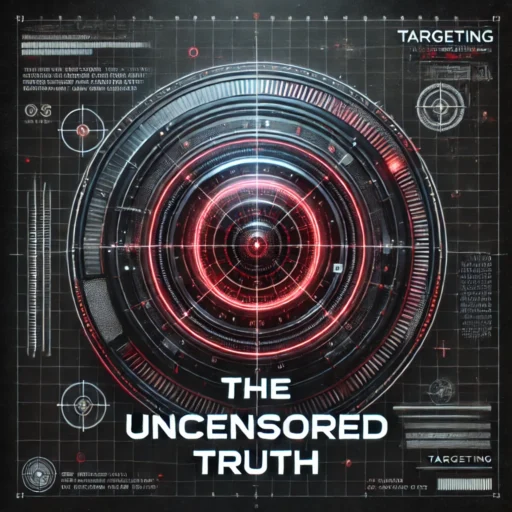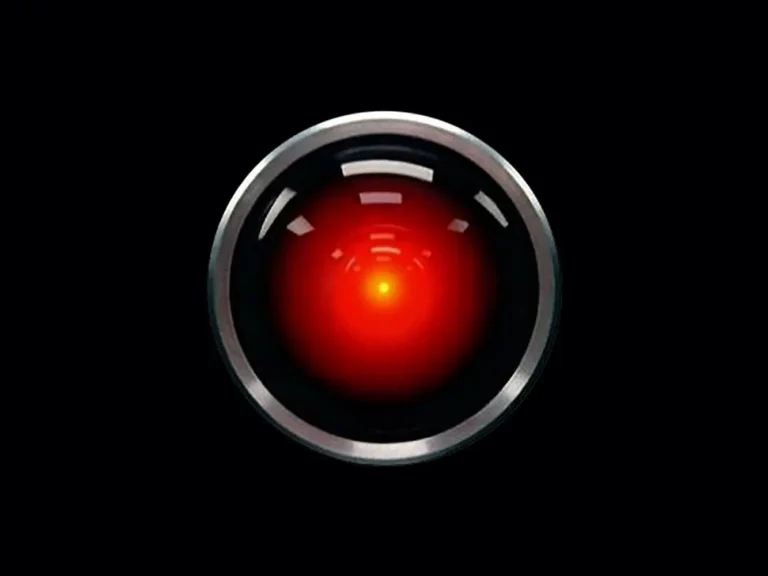🥩 The Rise of the Meat Tax: From Fringe Idea to Policy Tool
In recent years, the idea of a meat tax has moved from speculative theory to serious policy consideration. As climate change becomes a dominant concern in global governance, food systems — and particularly animal agriculture — have come under increasing scrutiny. The environmental footprint of red meat, especially beef, is cited as justification for shifting consumption habits through fiscal incentives.
What was once dismissed as a fringe environmental idea is now embedded in mainstream discourse. Several European nations have floated formal proposals to impose climate-based levies on meat, and international institutions continue to explore how taxation can support climate and sustainability goals. But while these developments are often framed as pragmatic solutions to environmental challenges, they also raise important questions about autonomy, corporate consolidation, and the ethical boundaries of behavioral intervention.
🧭 Mapping the Trend: How the Meat Tax Emerged
The concept of taxing meat has evolved gradually over the past two decades — shaped by overlapping forces in environmental policy, public health, and economic regulation.
Post-9/11 to 2010s: The “Know Your Customer” shift in finance and the rise of ESG (Environmental, Social, Governance) metrics in business laid groundwork for values-based oversight across sectors — including agriculture.
2020s: Major policy discussions began focusing on demand-side interventions. A 2022 report by the European Commission floated the idea of tiered carbon pricing for food, while the Netherlands launched buyout schemes to reduce livestock numbers. In Germany and Denmark, formal meat tax proposals were submitted, citing environmental and health justifications.
Global Institutions: The United Nations Environment Programme and IPCC have repeatedly encouraged dietary change as part of national climate strategies, and the World Economic Forum has championed alternative protein sources as “climate-smart” food solutions.
Each of these developments has contributed to a shift: from encouraging informed choices to nudging — and potentially enforcing — behavior through price mechanisms.
💰 Meat Tax and Market Incentives: Who Stands to Gain?
Supporters argue that a meat tax aligns market behavior with ecological sustainability. But economic incentives do not operate in a vacuum. As traditional farming faces rising operational costs, taxes, and environmental regulations, alternative protein markets stand to benefit — significantly.
Corporate Positioning: Investors like Bill Gates, BlackRock, and Vanguard are major stakeholders in lab-grown and plant-based meat startups, such as Beyond Meat and Impossible Foods.
Industry Adaptation: Established players like Tyson Foods have entered the alternative protein market, investing heavily in synthetic and cellular agriculture.
Regulatory Leverage: ESG metrics and carbon-tracking tools are increasingly used to shape investment decisions, potentially squeezing out smaller, traditional producers who cannot afford to adapt.
The question is not whether alternative proteins should exist — innovation has its place — but whether fiscal and regulatory structures are being selectively designed to favor certain players while rendering others obsolete.
This is less a free market shift and more a centrally incentivized transition, with significant implications for food sovereignty and small-scale agriculture.
The Harvard Business Review recently explored how large investors are shaping climate-oriented food systems — not just through innovation, but by shifting regulatory norms in their favor. (Read more at HBR)
🧠 Behavioral Nudging or Ideological Enforcement?
From a policy perspective, the meat tax is just one instrument in a broader set of tools aimed at influencing public behavior. Governments and institutions have begun exploring strategies that include:
-
Carbon labeling and “green nudges” in supermarkets
-
University and school cafeterias defaulting to plant-based menus
-
Digital platforms recommending “sustainable” food choices based on ESG-linked profiles
In the UK, the government’s Behavioral Insights Team — informally known as the “Nudge Unit” — has proposed subtle psychological strategies to reduce meat consumption. In parts of Europe, red meat is being removed from school menus entirely, often without public debate.
This trend raises a deeper issue: what happens when choice is reframed as a risk to be managed? When fiscal penalties, social pressure, or reputational scoring mechanisms are used to encourage dietary conformity, the line between persuasion and coercion becomes blurred.
And while public health and environmental goals are legitimate concerns, the method of implementation matters. Subtle coercion is still coercion.
🧱 The Infrastructure Behind the Policy
The success of a meat tax as a policy tool depends on more than public buy-in — it relies on a growing infrastructure of digital surveillance and behavioral tracking.
-
Carbon footprint calculators are now embedded in personal finance apps in the UK and EU.
-
Digital wallets and loyalty cards track individual food purchases, feeding data into personal carbon profiles.
-
Central Bank Digital Currencies (CBDCs), in pilot programs globally, open the possibility of programmable spending — where certain items can be disincentivized or even restricted entirely based on external scoring.
While proponents argue these tools enhance transparency and accountability, critics note their potential for overreach. Tying access to goods — like meat — to digital profiles is not merely a logistical issue; it’s a philosophical one. At what point does personal choice become conditional on ideological alignment?
If tax policy merges with surveillance infrastructure, we may be moving toward a system where food access is no longer just about affordability — but about compliance.
🧬 Autonomy in the Age of Engineered Consent
In an era where “sustainability” and “climate responsibility” are increasingly invoked as moral imperatives, resistance to measures like a meat tax is often dismissed as selfish or ignorant. But disagreement with policy is not necessarily disagreement with its goals. It may instead reflect concern with how those goals are being pursued — and who benefits from the structures being built.
A tax on meat may begin as a climate lever, but it exists within a broader framework of top-down incentives, narrative framing, and corporate positioning. Once the infrastructure for behavior-based regulation is in place, the range of what can be “nudged,” taxed, or restricted expands quickly.
Today it’s meat. Tomorrow it could be fuel, travel, or speech itself — all rationalized through the lens of public good.
The philosopher Michel Foucault warned of a society in which power does not suppress freedom overtly, but subtly shapes the parameters of what is thinkable and permissible. In such a world, governance works not through force, but through engineered norms.
The conversation around meat tax is a microcosm of that larger shift.
⚖️ Moving Forward: Complexity, Not Compliance
The environmental costs of industrial meat production are real. Climate change is a serious issue. But so too are the risks of overreach, consolidation, and quiet coercion.
To advocate for nuance is not to deny the problem — it is to resist simplistic solutions that trade autonomy for managed compliance.
Public discourse should not be reduced to binary choices between “eat bugs or kill the planet.” The future of food deserves better than that — it deserves open dialogue, policy transparency, and safeguards against the centralization of control.
A sustainable future must also be a free one.








